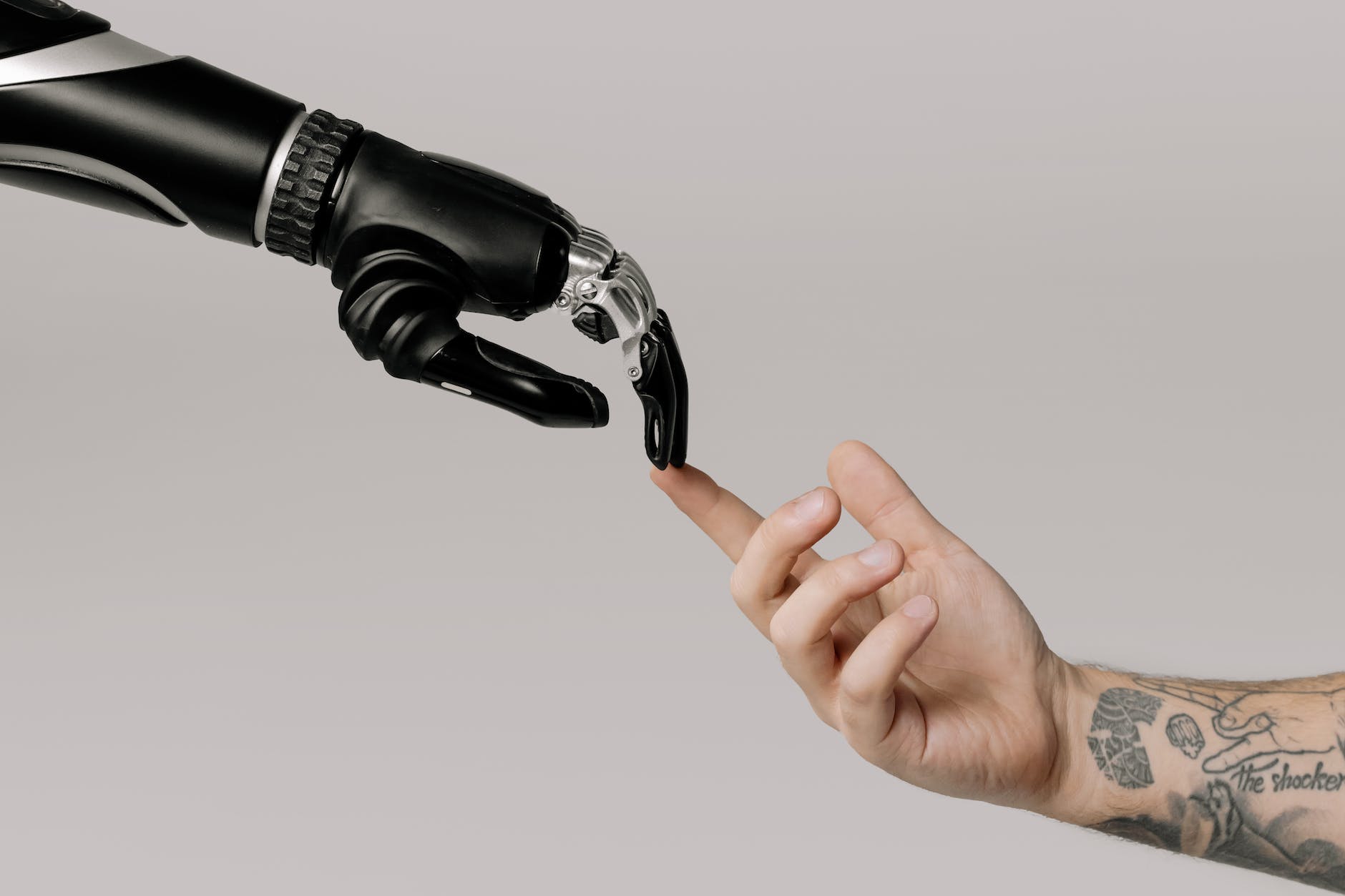Artificial Intelligence (AI) is rapidly transforming the healthcare landscape, offering unprecedented opportunities for creating personalized wellness plans. By leveraging vast amounts of data and employing sophisticated algorithms, AI enables healthcare providers to tailor wellness strategies to individual needs, revolutionizing the approach to preventive care and chronic disease management. This article explores how AI is empowering personalized wellness, improving patient outcomes, and reshaping healthcare.
AI’s capability to analyze complex datasets allows for the development of highly personalized health recommendations. By considering a person’s genetic makeup, lifestyle choices, environmental factors, and health history, AI can identify specific risk factors and recommend preventive measures tailored to individual profiles. This personalized approach enhances the efficacy of wellness plans, making them more effective in preventing illness and promoting overall health.

One of the most significant advantages of AI in healthcare is its predictive capabilities. Through predictive analytics, AI can process and analyze vast amounts of health data to identify patterns that may indicate the early stages of disease. This early detection enables healthcare providers to intervene sooner, often before the patient experiences symptoms, thereby improving the chances of successful treatment and reducing the risk of severe complications.
AI-driven wellness plans often incorporate interactive tools and applications that engage patients in their health management. These tools can track progress, provide feedback, and offer motivational support to encourage adherence to wellness recommendations. By actively involving patients in their health journey, AI fosters a sense of ownership and empowerment, which is crucial for long-term behavior change and improved health outcomes.
The integration of AI with wearable technology has opened new avenues for monitoring health and wellness. Wearable devices collect real-time data on various health indicators, such as heart rate, activity levels, and sleep patterns. AI algorithms analyze this data to offer personalized insights and recommendations, enabling users to make informed decisions about their health and wellness activities.
AI systems are designed to learn continuously from new data. As they are exposed to more health data over time, they become increasingly accurate and refined in their recommendations. This ability to learn and adapt ensures that personalized wellness plans remain relevant and effective, even as an individual’s health status and lifestyle change.
Despite its potential, the application of AI in creating personalized wellness plans faces challenges, including data privacy concerns, the need for robust data security measures, and the importance of ensuring AI systems are transparent and explainable. Addressing these challenges is essential for building trust and ensuring the ethical use of AI in healthcare.
The power of AI in healthcare lies in its ability to provide personalized, predictive, and participatory wellness plans. As AI technology continues to evolve and integrate with other digital health tools, it promises to revolutionize personalized wellness, offering more precise, effective, and engaging approaches to health and well-being. The future of healthcare is here, and AI is at its forefront, transforming the way we understand, manage, and improve health in the digital age.


